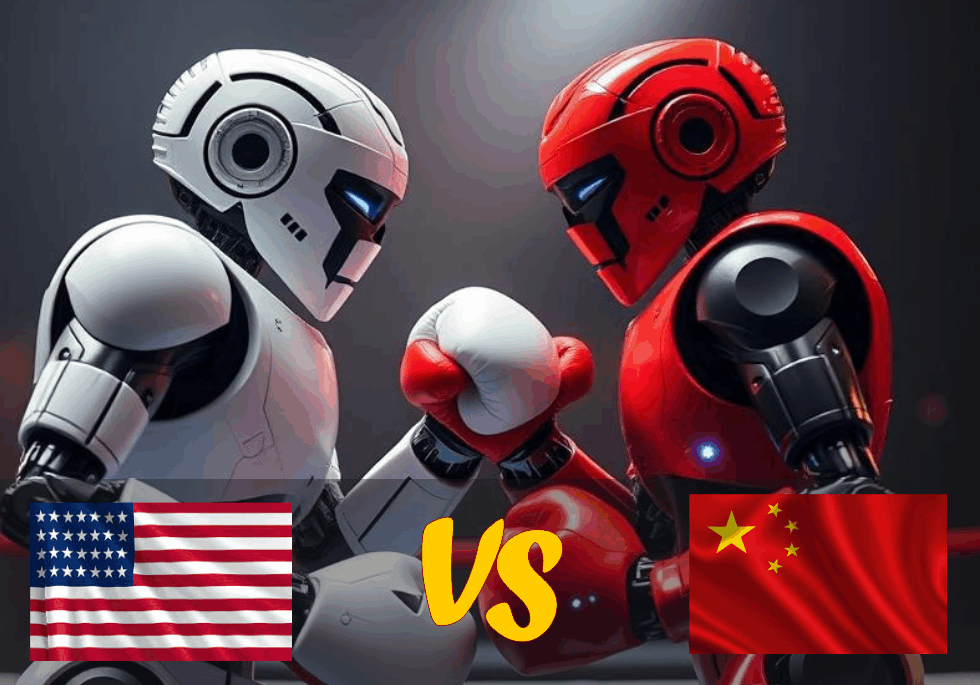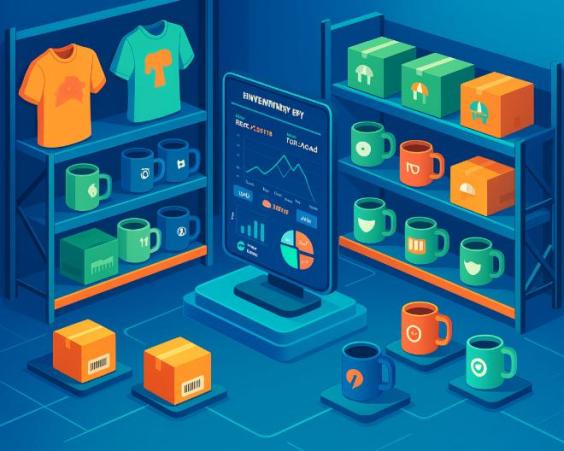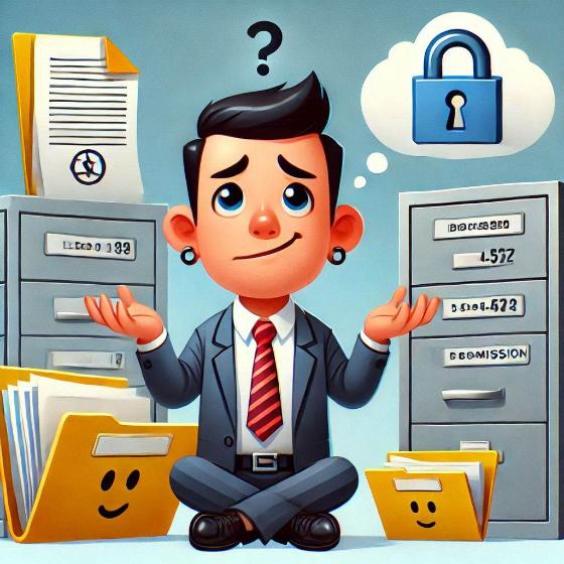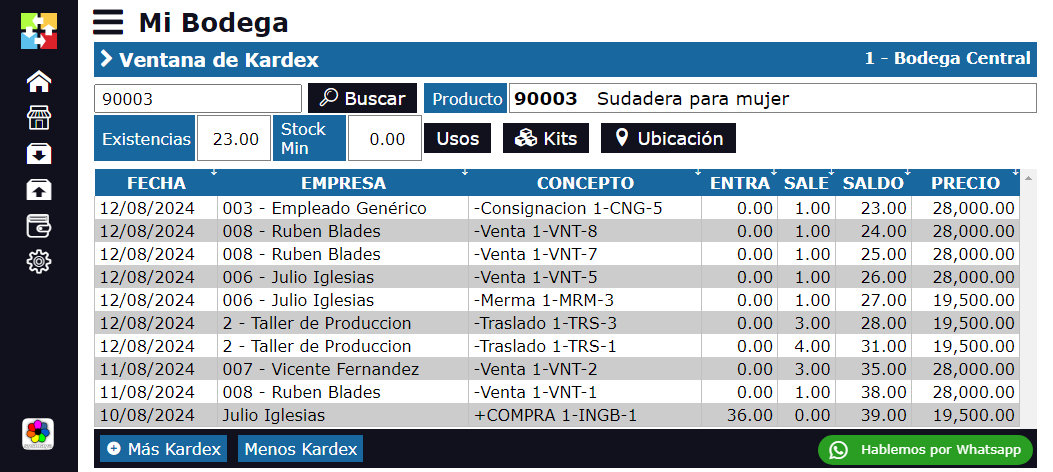Why is the Dollar Devaluing?
The value of the dollar, the world''s most important reserve currency, has begun to show signs of fragility. In this article, we will explore the factors driving the devaluation of the dollar and how US economic policies are accelerating this process.

Gold at Historic Highs: A Warning Sign
Today, gold has reached a historic price of $2,700 per ounce. This increase reflects the loss of value of fiat currencies, such as the dollar. Why is this happening? In times of economic and financial uncertainty, investors tend to seek refuge in safe assets, and gold has traditionally been considered as such. This leads to an increase in demand for gold, which increases its price. When gold rises, it generally indicates that fiat currencies, such as the dollar, are losing purchasing power.
But why does gold affect the dollar? Gold is a tangible and limited asset, while fiat currencies can be issued in unlimited quantities by central banks. If the price of gold increases, it means that more dollars (and other currencies) are needed to acquire the same amount of gold. In other words, more money is needed to buy the same thing, which is a clear sign of currency devaluation. This trend not only affects the dollar, but all fiat currencies, as most of them are not backed by physical assets and depend on market confidence.
The Impact of Sanctions: A Self-Destructive Strategy
Another factor contributing to the devaluation of the dollar is the economic sanctions that the United States imposes on other countries. Although these sanctions are designed to punish nations that do not follow US foreign policy, they also have a boomerang effect: the sanctioner sanctions itself.
Imagine sanctioning the bakery across the street from your house. If before you could comfortably buy bread there, now you will have to walk further to find another bakery. This generates discomfort and an additional cost. Similarly, when the United States sanctions countries such as Russia, Iran, or Venezuela, it not only cuts commercial ties with them, but also loses access to the resources and products they provide. In addition, when these sanctioned nations realize that they can no longer rely on the dollar for their transactions, they seek alternatives and organize themselves into blocks such as the BRICS.
The emergence of the BRICS (Brazil, Russia, India, China, and South Africa) and their expansion with the inclusion of other countries is a direct response to US sanctions. By seeking to trade using other currencies, these nations reduce their need for dollars and, therefore, their need to maintain dollar reserves. Why should they keep a currency that is of no use to them? This creates a lower global demand for dollars and contributes to its devaluation.

A Game of Monopoly Poorly Played
The situation with the dollar is similar to a game of Monopoly where the owner of the game begins to sanction his friends: "You don''t play", "You don''t touch my cards". In the end, he will have to play alone. In this context, if the United States continues with its strategy of sanctions and protectionism, what could happen is that the dollar becomes a currency of limited use to allied countries such as those of the G7, and increasingly irrelevant at a global level.
And this is not just an economic issue, but also a matter of perception. As more countries move away from the dollar, the economic and political influence of the United States also decreases. Companies begin to see a less favorable environment for doing business and move their operations to other countries with lower costs and fewer regulations. This is exactly what has been happening with companies that move their factories to Mexico, China, or India, escaping from high production costs and economic uncertainty.
Inflation and Loss of Purchasing Power: The Cost of Devaluation
The devaluation of the dollar is also reflected in growing inflation within the United States. As the value of the dollar decreases, more dollars are needed to buy imported products. This makes the production of local goods more expensive and raises prices for consumers. The loss of purchasing power directly affects the population, causing the cost of living to increase. It is more expensive to live, more expensive to produce, and therefore more expensive to compete.
To counteract this loss of competitiveness, many US companies prefer to move their production to other countries. This not only reduces their operating costs, but also exempts them from paying taxes in the US. This exodus of companies resembles a sinking ship, and each company that leaves represents another hole in the hull.
How to Get Out of This Vicious Circle?
The easy and logical way to get out of this hole is to stop printing more money and cease sanctions left and right. However, that does not seem to be on the political horizon. Instead of opening up the economy, they become increasingly protectionist: 100% tariffs on Chinese vehicles, commercial restrictions, and more sanctions. Who pays the price of these policies? The American people, who end up facing higher prices for lower-quality products.
Ultimately, the devaluation of the dollar is not only an economic problem, but a symptom of misguided policies that, instead of strengthening the US economy, isolate it and make it less competitive at a global level. It is as if the owner of the Monopoly game were left playing alone, without friends and without a market.
The devaluation of the dollar is the result of expansive monetary policies, self-destructive sanctions, and growing protectionism. While at the short term these measures may seem effective, at the long term they erode the position of the dollar as a global reserve currency and decrease the competitiveness of the United States in the international market. To reverse this trend, the US needs to rethink its policies and adapt to a world that is increasingly interconnected, where economic cooperation is more valuable than isolation.






